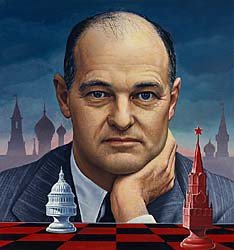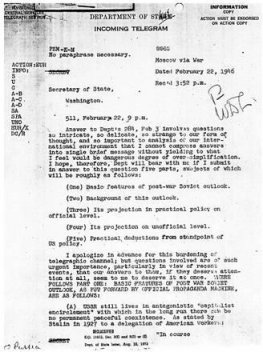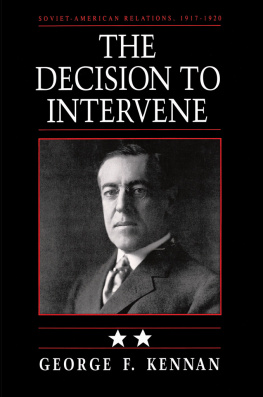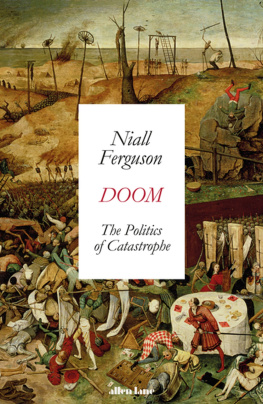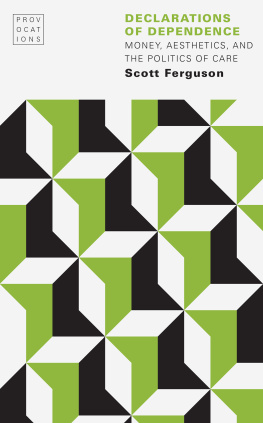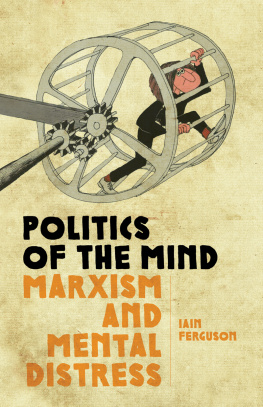Kennan Ferguson - Cookbook Politics
Here you can read online Kennan Ferguson - Cookbook Politics full text of the book (entire story) in english for free. Download pdf and epub, get meaning, cover and reviews about this ebook. year: 2020, publisher: University of Pennsylvania Press, genre: Religion. Description of the work, (preface) as well as reviews are available. Best literature library LitArk.com created for fans of good reading and offers a wide selection of genres:
Romance novel
Science fiction
Adventure
Detective
Science
History
Home and family
Prose
Art
Politics
Computer
Non-fiction
Religion
Business
Children
Humor
Choose a favorite category and find really read worthwhile books. Enjoy immersion in the world of imagination, feel the emotions of the characters or learn something new for yourself, make an fascinating discovery.

- Book:Cookbook Politics
- Author:
- Publisher:University of Pennsylvania Press
- Genre:
- Year:2020
- Rating:4 / 5
- Favourites:Add to favourites
- Your mark:
- 80
- 1
- 2
- 3
- 4
- 5
Cookbook Politics: summary, description and annotation
We offer to read an annotation, description, summary or preface (depends on what the author of the book "Cookbook Politics" wrote himself). If you haven't found the necessary information about the book — write in the comments, we will try to find it.
Cookbook Politics — read online for free the complete book (whole text) full work
Below is the text of the book, divided by pages. System saving the place of the last page read, allows you to conveniently read the book "Cookbook Politics" online for free, without having to search again every time where you left off. Put a bookmark, and you can go to the page where you finished reading at any time.
Font size:
Interval:
Bookmark:
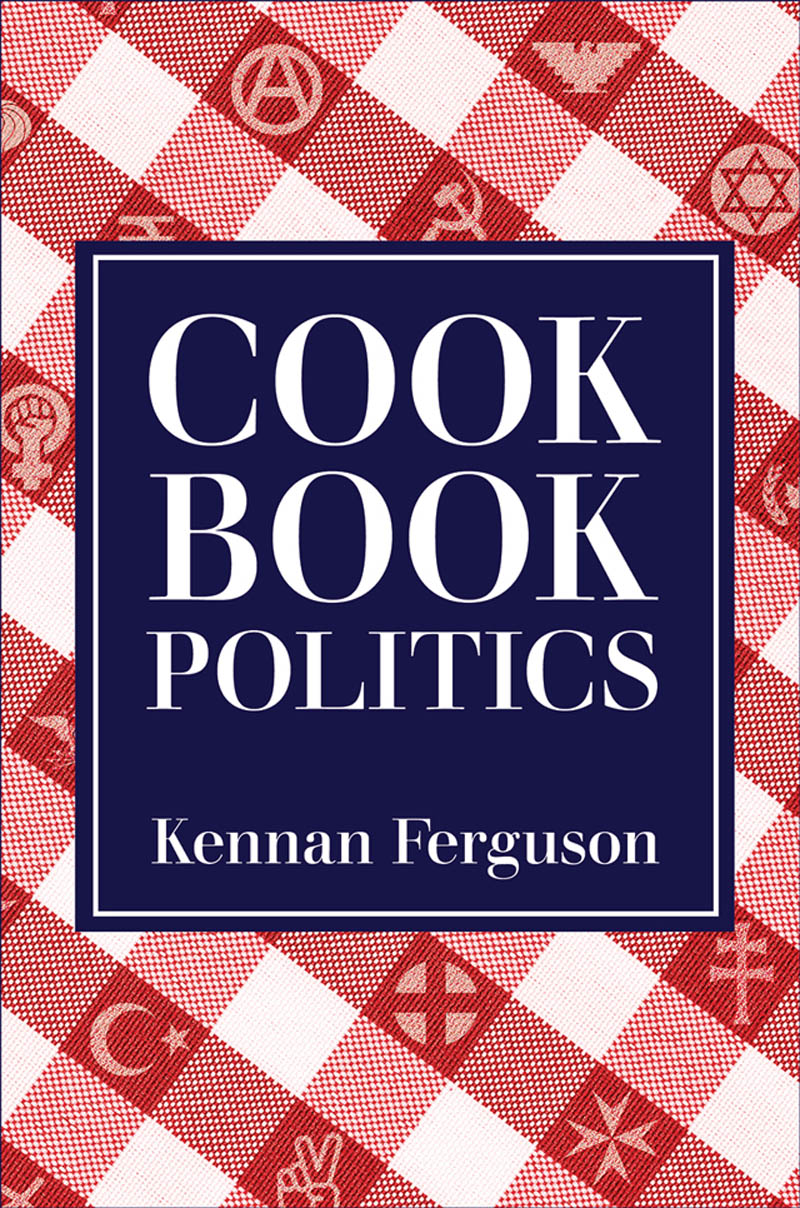
COOKBOOK POLITICS


KENNAN FERGUSON

Copyright 2020 University of Pennsylvania Press
All rights reserved. Except for brief quotations used for
purposes of review or scholarly citation, none of this book
may be reproduced in any form by any means without
written permission from the publisher.
Published by
University of Pennsylvania Press
Philadelphia, Pennsylvania 19104-4112
www.upenn.edu/pennpress
Printed in the United States of America on acid-free paper
10987654321
A Cataloging-in-Publication record is available
from the Library of Congress
ISBN 978-0-8122-5226-2

Democracy: The Recipe, the Cookbook,
and the Forms of Politics

Cookbooks are not usually conceived of as political texts. They do not seem political because the demands they make upon us do not seem to be ones concerned with power or authority. They do not declaim, as do manifestos. They do not constrict, as do laws. They do not command accord, as do arguments. Their stipulations are often vague (until browned) and their audiences inattentive (how many cookbooks are bought simply for the ideals of cooking and the beauty of the photography?). Even their narrative form is different from that of most books: they fail to tell a story, and one dips into them depending upon ones time, appetite, and taste.
But cookbooks do form who we are, in ways large and small. Tell me what you eat, Anthelme Brillat-Savarin famously wrote, and I will tell you what you are. Cookbooks are repositories of human taste, meant to transmit particular blends of flavor, texture, and nutrition across space and time. They are locations of shared sensation, where collective affective dynamics have material (and materialized) traces, the printed, textualized locale of taste and identity.
Discovering the implications of these repositories is the central concern of this book. Why we turn to cookbookswhat they do for, and to, usturns out to be a philosophically complex question. Books are generally not so closely linked with our sensorial lives, even though they often represent sensation. Cookbooks, on the other hand, operate specifically on our bodies, but they do so through their readera cook. And their authority comes not through traditional lines of political power, such as law or force, but from a diffuse and experiential guidance. Betty Crockers Cookbook becomes someones favorite precisely because it aligns closely with the cooks history, traditions, imagination, and aspirations. So such an investigation concerns not only roasts, carrots, and brownies but also aesthetics, printing processes, and assumptions about domesticity, history, and location.
In this book, as in an actual cookbook, the reader is encouraged to pass over those aspects of the book that are not to their taste. Different sections will be used differently by different people. Historians may appreciate the particularities of food distribution and cooking technologies; cooks may be inspired (or revolted) by the mixtures of ingredients or by preparation techniques; philosophers will want to argue with the books theoretical foundations and conclusions. One does not need to read the chapter on the genres of cookbooks to make sense of cookbooks in international relations. Even within chapters, certain sections may be distracting, uninteresting, or unintelligible to certain readers. While some of the overly technical issues (say, a conflict between two twentieth-century French philosophers) appear only in the endnotes, other theoretical arguments do form and shape the content of the chapters. And yet, while this is a book of philosophy, no technical philosophical training is needed to read this book, especially for the reader who is more concerned with other aspects of cookbooks.
The preeminent claim of this bookthat cookbooks operate in political wayswill already raise suspicions. Most cookbook authors, readers, and users consider cookbooks very differently: as entirely apolitical works. If a cookbook is merely a repository of techniques (e.g., cook this for forty-five minutes, stirring once), as they presume, then it seems more like a manual than a political text. From this viewpoint, cookbooks are devoid of politics, and to claim that they operate along lines of power, distinction, and community seems counterintuitive at best, provocatively misleading at worst.
As an introductory exercise (not as a template for the forthcoming chapters), consider four ways in which one might admit cookbooks as having or doing politics, arranged from the most overt to the most subtle and so far unrecognized. Briefly, they are these: They could be organized and sold by political organizations and fundraisers affiliated with particular political parties. They also could be seen as replicating and reinforcing political barriers and boundaries. They might act to perpetuate practices of ideology or community. And most counterintuitively, there might be a politics of their very form: the format of the cookbook.
The first category consists of those cookbooks put together for overtly political party purposes, either to raise money for a political cause or to reinforce kinds of political loyalty. In 1984, for example, a group of American political activists collected recipes from prominent Democratic Party politicians and their wives to compile a cookbook entitled How to Cook Reagans Goose.
But these are uncommon kinds of cookbooks, unusual both in their production and in their distribution. (What sort of gourmand would buy a cookbook in order to cook the dishes favored by a politician with national aspirations?) Far more common, and certainly more familiar, are the second kind of political cookbooks: those that replicate and reinforce political boundaries or barriers. The national cookbook, one that concentrates on Chinese food or Mexican cooking, is typical of this kind. Such a book implicitly presumes the universality of a nation, promising the cook that she can experience and recreate the food of that state. Sometimes written for an external audience (as when an Italian cookbook is published by a British publisher in English), and sometimes for an internal audience (as when an Italian cookbook is published by an Italian press in Italian), such a book not only presumes the naturalness of the Italian people but also reinforces their collective identity through food culture.
Of course, the nation is not the only sort of political boundary that cookbooks emphasize and reduplicate. Throughout this book, various cookbooks will be examined that emphasize regionality as more important. Cookbooks can focus on cities, such as New Orleans. They may emphasize the continuity and homogeneity of larger regional areas; a book dedicated to Tuscan food or to the flavors of Provence marks out those places as different from the rest of the country. In each case, the affiliations among a large set of recipes work precisely because they buy into and reinforce the presumption that certain proximities of taste and culture coincide with geography; that a region and its food emerge naturally from one another. The geographically bounded cookbook proves an enduring staple in the cookbook publishers larder.
Font size:
Interval:
Bookmark:
Similar books «Cookbook Politics»
Look at similar books to Cookbook Politics. We have selected literature similar in name and meaning in the hope of providing readers with more options to find new, interesting, not yet read works.
Discussion, reviews of the book Cookbook Politics and just readers' own opinions. Leave your comments, write what you think about the work, its meaning or the main characters. Specify what exactly you liked and what you didn't like, and why you think so.

